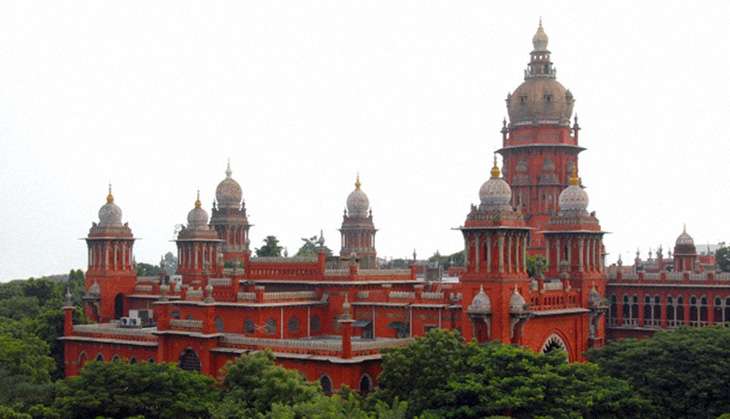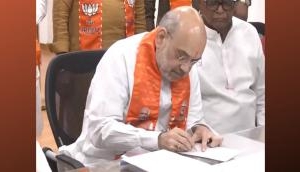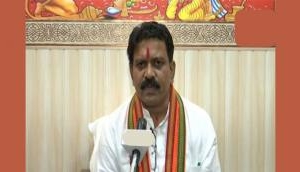Why exactly should judges not be named in media reports, your honour?

That Madras High Court recently ruled that journalists cannot name judges while reporting on court cases unless it is "absolutely essential". The court, however, didn't define the phrase, leaving journalists sucesptible to doubts, uncertainty, even threats.
The reasoning behind the restriction on the media is that judges decide cases dispassionately without allowing their individual philosophies and notions to permeate into their rulings.
Anbody with even a minimal understanding of how legal systems work would see through the rank falsehood of this assertion - the ideological predilections of judges certainly influence their rulings.
Also Read: Unequal justice: did the Madras HC just rob us of a fundamental right?
Indeed, no less an authority than a retired Supreme Court judge has admitted to, and regretted, having delivered quite a few "wrong" judgements based on his ideological leanings.
There is even a whole field of study - Critical Legal Studies - devoted to examining how the ideological moorings of judges inform their decisions.
A look at some rulings of India's Supreme Court only confirm this. In a majority verdict in the Emergency-era case of ADM Jabalpur vs Shiv Kant Shukla, the Supreme Court essentially deprived citizens of the fundamental right to life and liberty guaranteed by the Constitution. Only Justice HR Khanna dissented.
In the more recent decision sending Afzal Guru to the gallows, the court said his life must be extinguished to "satisfy the collective conscience of society".
In the United States, the Supreme Court upheld, in 1943, the internment of Japanese citizens during the second world war on the basis of little more than suspicion, jingoistic hysteria and xenobhobia.
The British House of Lords ruled by majority in Liversidge vs Anderson that "when guns of war are blazing, the laws fall silent". It was only Lord Atkins who dissented.
Clearly, these judgments were informed by the ideological positions of their authors - on the supremacy of the executive; the principle that courts should only interpret the law as it is and not seek to alter it; on whether the apex court is duty bound to strike down laws that militate against constitutional principles and ideals.
Also Read: Eminent persons root for striking down Section 377, but SC disagrees
Not surprisingly then, Senior Advocate Rebecca John is furious with the high court effectively gagging the press. "If judgments and orders are in public domain and can be accessed by anyone with an internet connection, why this restriction on journalists?" she asked, adding that the ruling was "completely unconstitutional and arbitrary".
She pointed out that the Supreme Court, too, had imposed "guidelines" - read restrictions - on court reporting in the Sahara vs Sebi ruling.
Although it was opposed by journalists, the regulator Press Council of India kept silent.
Is it not thus incumbent upon the media and legal scholars to take issue with the Madras High Court's directive?
After all, as the lawyer Mahmood Pracha noted, "Justice must be open and transparent. The public needs to know who gave the reasoning for a judgment and why."
Also Read: Freedom of speech: How the media fares in 'partly free' India
First published: 26 August 2016, 11:56 IST






![BJP's Kapil Mishra recreates Shankar Mahadevan’s ‘Breathless’ song to highlight Delhi pollution [WATCH] BJP's Kapil Mishra recreates Shankar Mahadevan’s ‘Breathless’ song to highlight Delhi pollution [WATCH]](http://images.catchnews.com/upload/2022/11/03/kapil-mishra_240884_300x172.png)

![Anupam Kher shares pictures of his toned body on 67th birthday [MUST SEE] Anupam Kher shares pictures of his toned body on 67th birthday [MUST SEE]](http://images.catchnews.com/upload/2022/03/07/Anupam_kher_231145_300x172.jpg)






